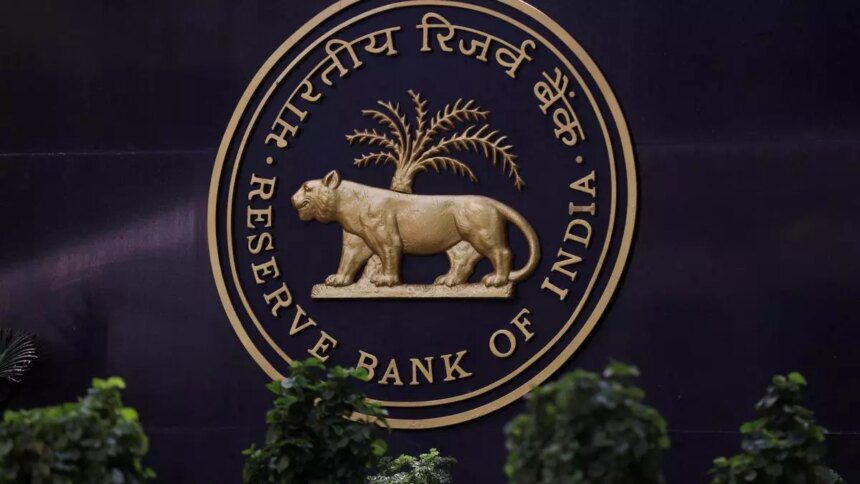The recent decision by the Reserve Bank of India (RBI) to allow Asset Reconstruction Companies (ARCs) to raise equity through initial public offerings (IPOs) could pave the way for smaller ARCs to seek funding from the capital market. This move comes at a crucial time, as these companies will need additional capital to meet the regulatory minimum net owned fund (NOF) requirement of ₹300 crore by March 2026.
It is estimated that 9-10 large ARCs have already met the minimum NOF requirement, leaving the smaller entities in need of capital infusion. Currently, there are 27 ARCs operating in India. The regulatory deadline set by the RBI has pushed ARCs to explore various options to meet the NOF requirement, including going public.
The decision to allow ARCs to list their shares on exchanges was welcomed by industry experts, as it offers an additional avenue for raising capital. This move was recommended by the finance ministry’s advisory group on ARCs back in 2011 to enhance funding sources for resolving bad loans in the financial system.
Chandan Churiwal, CEO of Assets Care & Reconstruction Enterprise (ACRE) Ltd, expressed optimism about the possibility of smaller ARCs tapping the market through IPOs to meet the regulatory requirements. He suggested that larger ARCs should lead the way in going public, as they have established a strong business foundation, but smaller ARCs may need to prioritize listing to meet the NOF mandate.
The sale of stressed assets to ARCs is a key channel for lenders to resolve non-performing loans. ARCs acquire these assets through cash payments or security receipts (SRs) and play a crucial role in the resolution process. As per RBI data, the cumulative recovery rate of SRs issued by ARCs is expected to increase, driven by the improving performance of stressed assets in key infrastructure sectors.
In conclusion, the decision to allow ARCs to raise equity through IPOs marks a significant development in the sector, providing smaller entities with an opportunity to meet regulatory requirements and access additional funding for their operations. This move is expected to boost transparency, increase public scrutiny, and enhance the industry’s reputation in the equity markets.










